I have never understood it when after someone has died people often say ‘He (or she) had a full life,’ as if a life lived can be measured in a Pyrex measuring cup. As if once life reaches beyond the little red markings with the possibility of overflowing onto the Formica counter, it’s time to pass on.
A few weeks ago, my friend Julian Stein, Jr. died in Baltimore. At 93, I’m certain many will say he had a full life, but I am willing to bet that his family and many others including me, wish that the Great Filler of the Pyrex Cup in the Sky would have allowed him just a few more ounces above the red markings.
There are many who miss him so, so much already.
When I first met Julian’s daughter Denny, she drew a mini Stein family tree for me so that I knew where she and her father fit in as cousins of Gertrude. Here it is:
Daniel, Gertrude’s father and Samuel, Julian Jr.’s grandfather, were brothers, making Julian’s father, Julian Sr., Gertrude’s first cousin—and as she often said her favorite cousin!
In Julian’s obituary in the Baltimore Sun many of the facts of his life were recounted along with excerpts from his two self-published books, You Never Know Where You’re Going To Have A Good Time and A Camp in Maine. The excerpts capture the exuberance of the man and his love of life and family more succinctly and sincerely than any newspaper staff writer ever could.
In the year that Julian was born, 1918, the following books were first published:
- MY ANTONIA by Willa Cather;
- THE MAGNIFICENT AMBERSONS by Booth Tarkington;
- THE LAND THAT TIME FORGOT by Edgar Rice Burroughs;
- THE TIN WOODMAN OF OZ by L. Frank Baum and
- THE TALE OF JOHNNY TOWN-MOUSE by Beatrix Potter.
Now to add his voice to this illustrious roster of writers.
As a tribute to Julian, I have also selected excerpts from his books, copies of which he gave to me after our first meeting in Baltimore. What better way to say ‘thank you’ than with his words. Those who knew him, will hear his voice in his words. Those who didn’t, can relish their magic.
What the writer Robert Penn Warren said about poetry, applies to the life stories that Julian shares:
“The poem is a little myth of man’s capacity of making life meaningful.
And in the end, the poem is not a thing we see – it is, rather, a light by
which we may see – and what we see is life.”
And so to Julian and his life:
It is November 1918, World War I is over and I am about to make an appearance. …I was born November 15th, 1918, four days after Armistice Day…Woodrow Wilson was President. My parents, Julian and Rose Ellen Stein were, as far as I can tell, happy, well adjusted, successful people – all the things one’s parents are supposed to be.
…My memory of my early years, at least until I was about 7 years old, is a total blank. All I know about those early years are from stories told me by my mother. I know, for example, that I said my first words at about six months. Those memorable gems turned out to be “Hi Ducks,” remarks addressed to a procession of said waterfowl which were portrayed marching around the rim of the can of talcum powder with which I was frequently and liberally sprinkled.
…At five I entered kindergarten…and began and ended my thespian career by playing the role of a mushroom in a French play. My association with the French continued. At age 6, my parents took me along on a summer vacation to Paris.
…On another trip to Paris I became seriously ill with complications following the measles…my mother, who was nearly frantic, located our family doctor from Baltimore who was traveling in Europe. He came and after awhile I began to improve, during which time I was confined to the hotel while my father read me the Tarzan books.
…On that same trip my mother, with Gertrude Stein, my father’s first cousin as an intermediary, had a bust of me – age 10 – executed by the well-known sculptor, Jo Davidson. There is now a permanent collection of his work at the National Portrait Gallery in Washington. Except the bust of me which sits on a shelf in our living room.
I can write no further without introducing our place, Kemankeag on Bonney Point, Rangeley Lake, Maine.
I was, of course raised by my parents. But I was also raised by a place – “Kemankeag,” our summer camp on the shore of Rangeley Lake, Maine.
I spent almost every summer of my life there, as a baby, as a boy, as an adolescent, as a college student, as a husband, as a father and grandfather. Such continuity is rare in today’s world and it is bound to leave an indelible mark on anyone who has had such an experience. It has certain benefits – perhaps it makes life’s transitions easier, smoothes out bumps in the road.
Here is a place where today I use the same china, sleep under the same blankets, struggle with the same pump, paddle the same canoe and row the same rowboat that I did as a small boy.
The DNA of the camp is as much in my veins as the DNA of my parents.
What does it mean? Can a place determine your character? Can a place give you a point of view. Can a place govern your outlook, even when you’re miles away from it?
I believe it can.
If I’m a romantic is it because I grew up where the loons cry? If I’m a liberal is it because I grew up where deer and bear and ospreys all have equal opportunity? If I’m skeptical is it because with a lake at your front door and endless woods at your back there is always a need for caution and anticipation?
Is Kemankeag the reason why my political beliefs are an amalgam of Knights of the Round Table and the Brotherhood of Sleeping Car Porters?
Certainly we’re not the only people to have such deep roots with a camp in Maine. But whether unusual or commonplace such a place has a special claim on America.
…The people who live in Rangeley year-round are not “characters,” they are not “quaint,” they’re just ordinary people. Nor are the summer people artists or writers or intellectuals. There are no “celebrities.”
…When you come back it’s as if you never went away. And once you eliminate quaintness and snobbishness from the equation you have a real place. And that’s just what Rangeley is.
Maybe that’s why one can go there year after year for his whole life and feel the same excitement at eighty as he felt at eight. Maybe that’s why you become the place and the place becomes you.
To be continued..
My sincerest thanks to Denny Stein for letting me use the copyrighted text and photos from her father’s books.

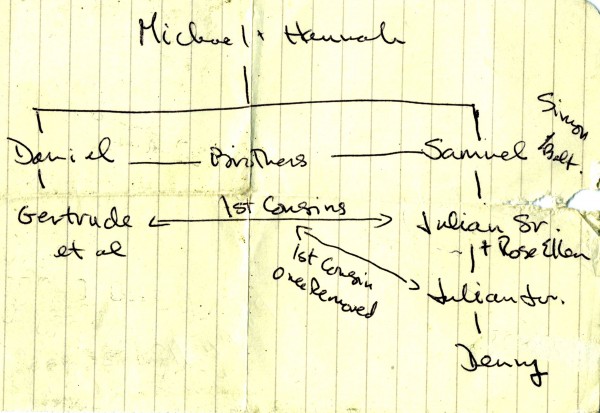
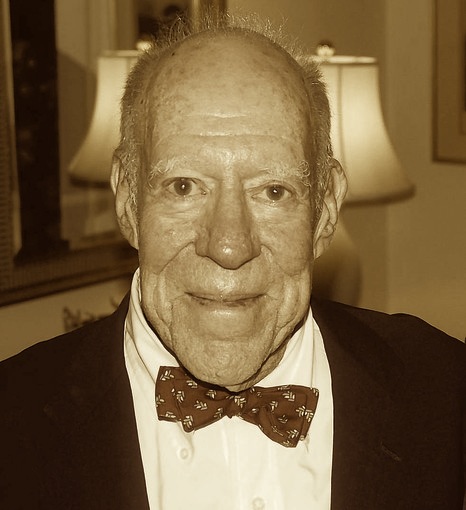
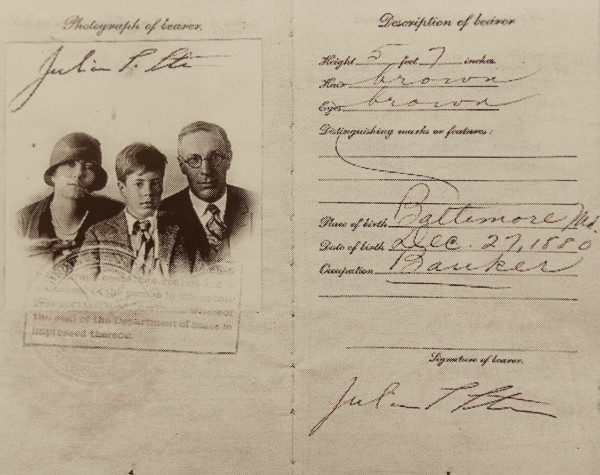
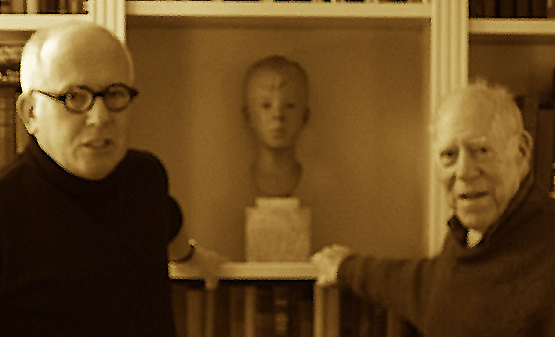
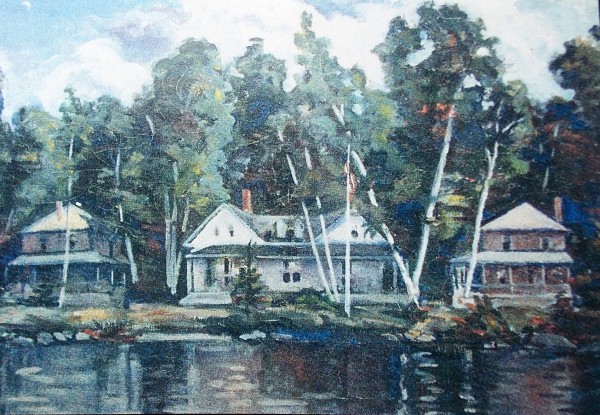
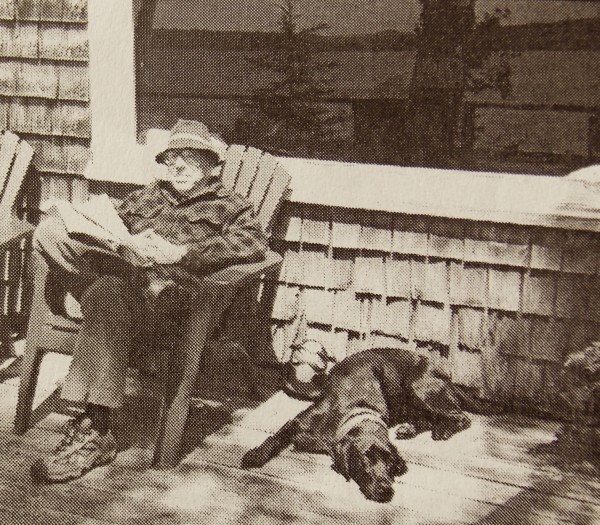
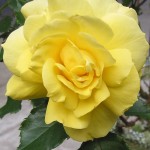
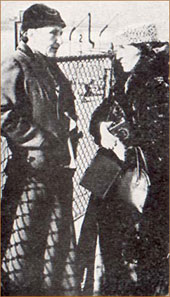
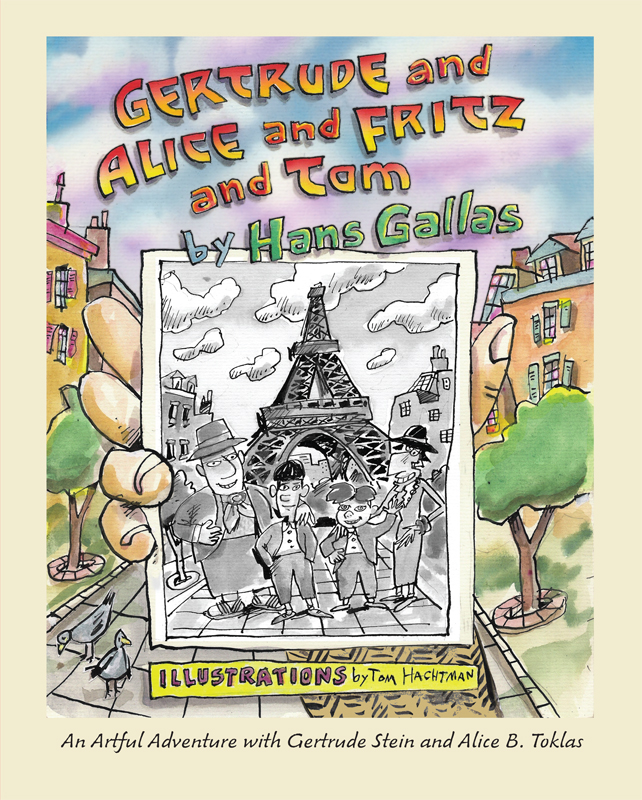
Leave a Reply
You must be logged in to post a comment.